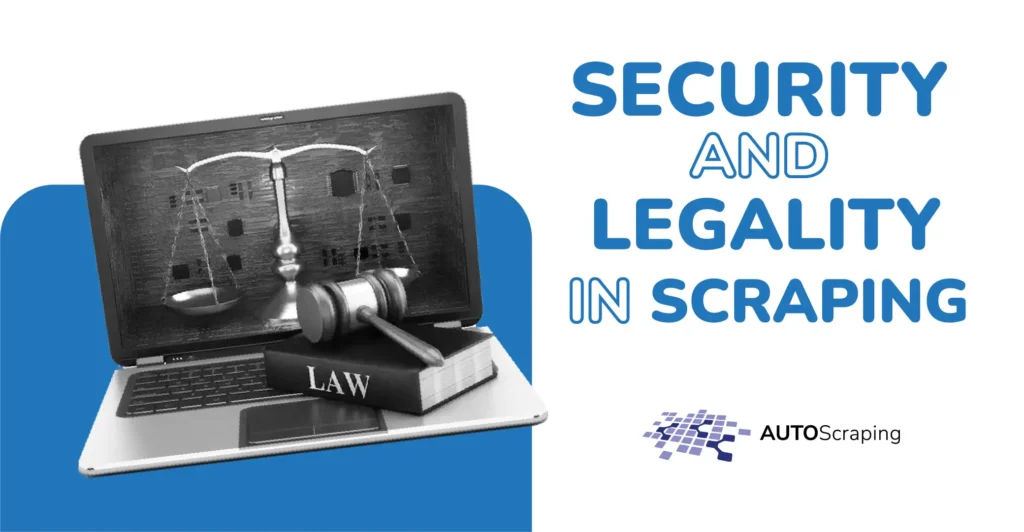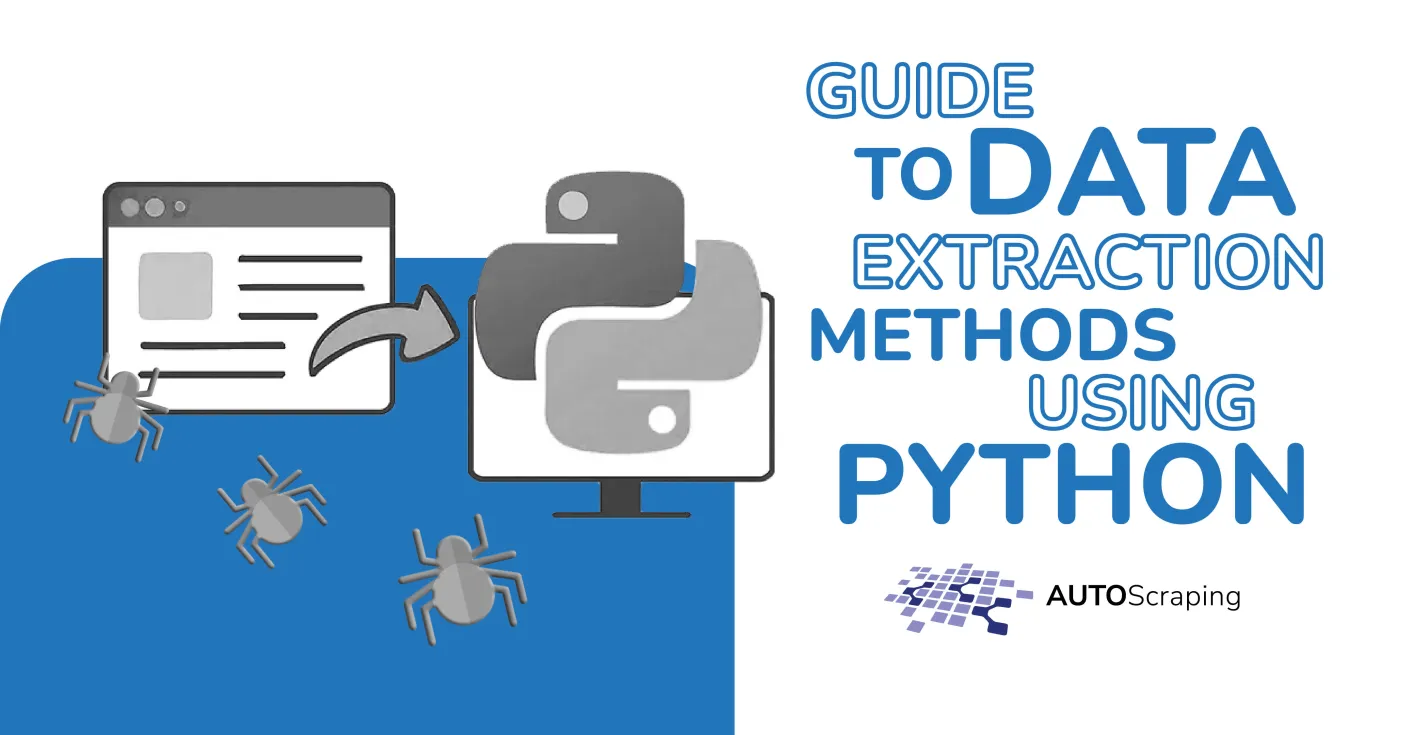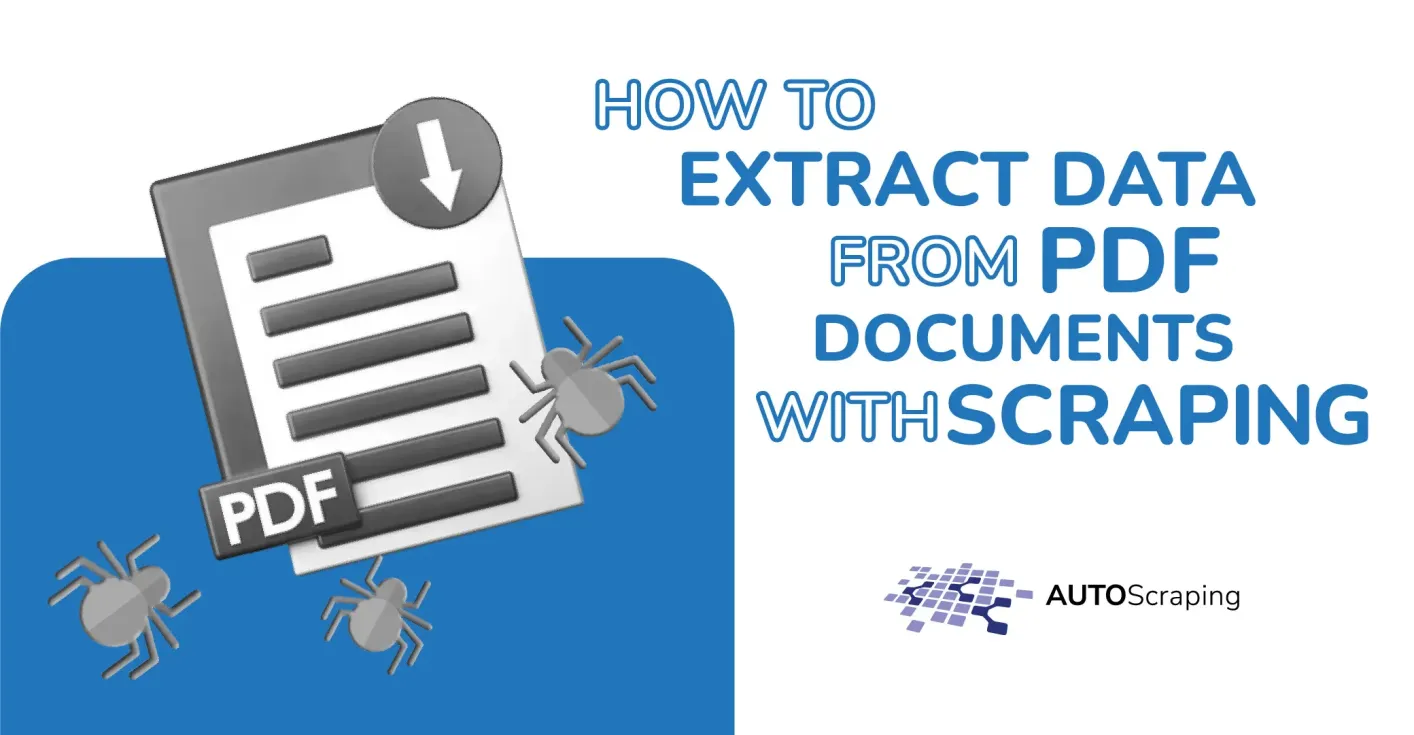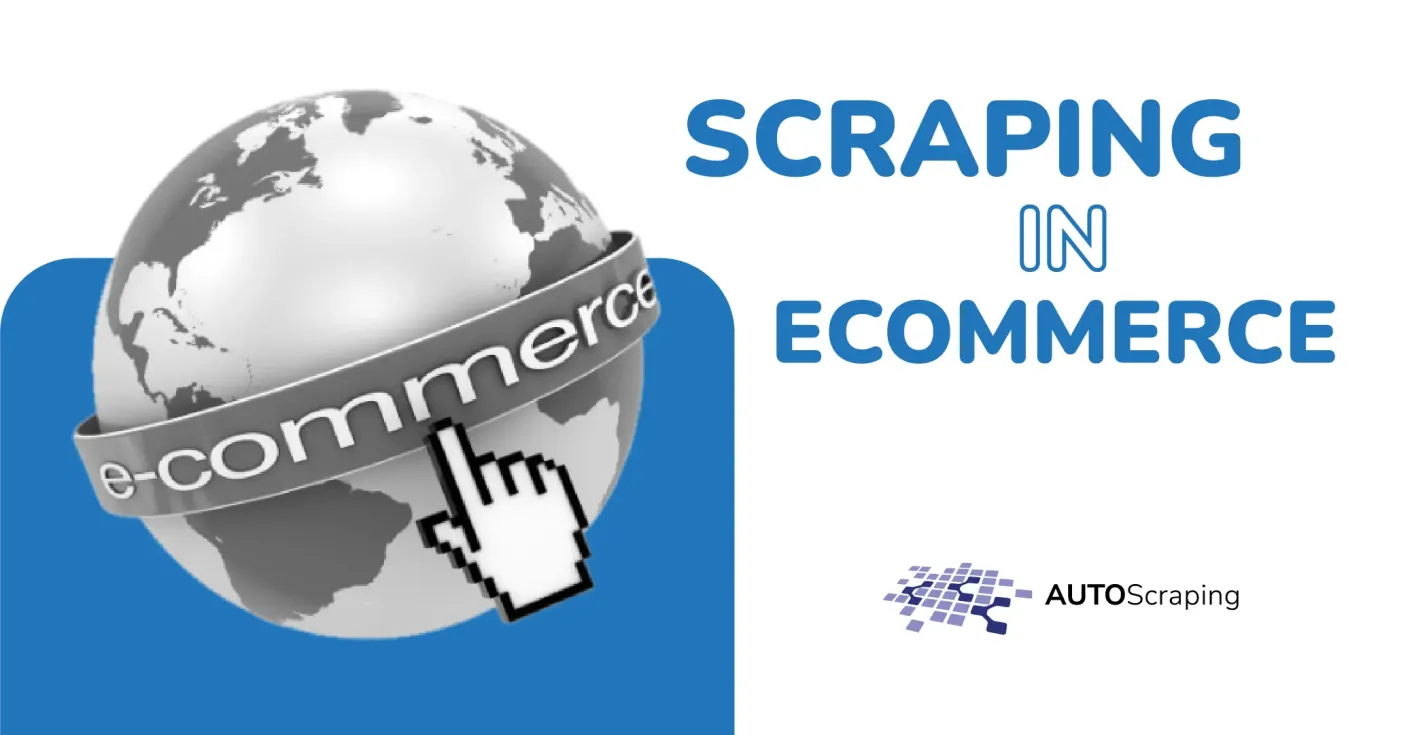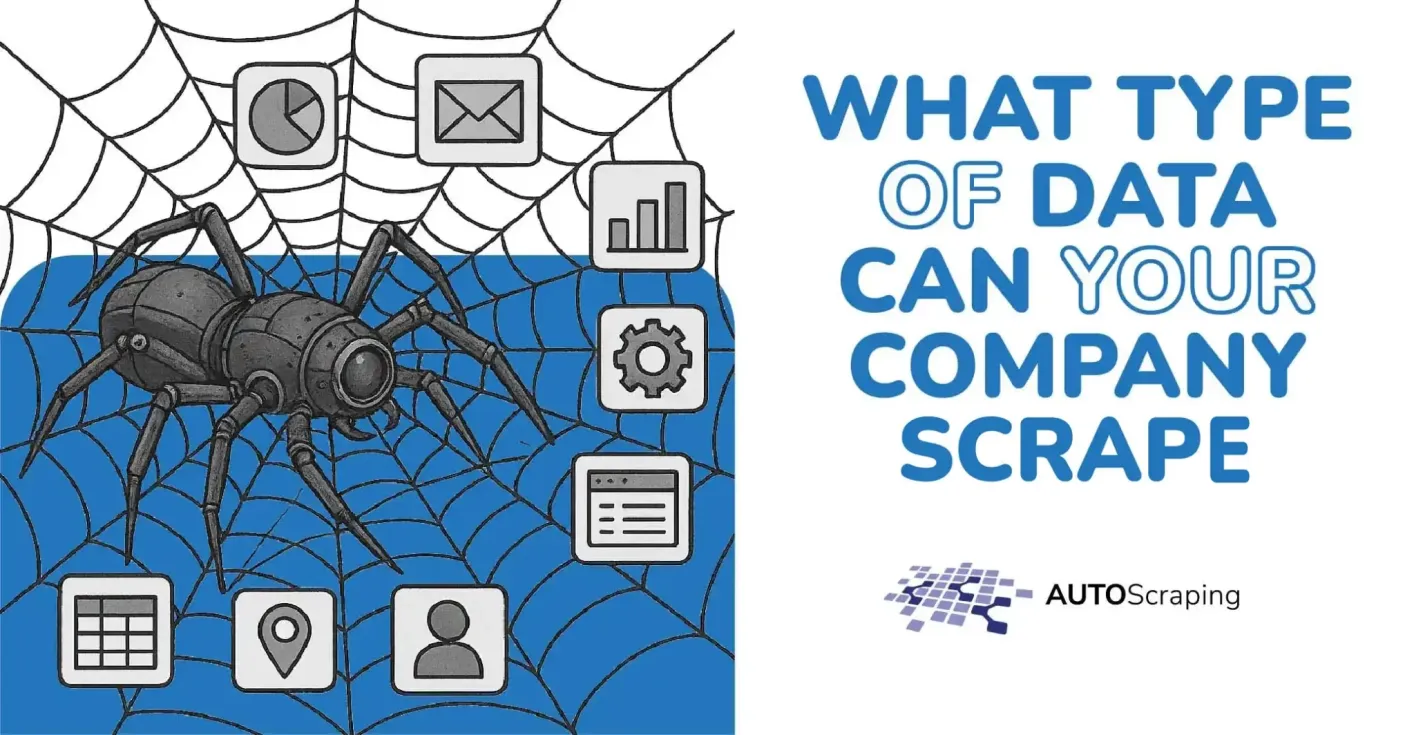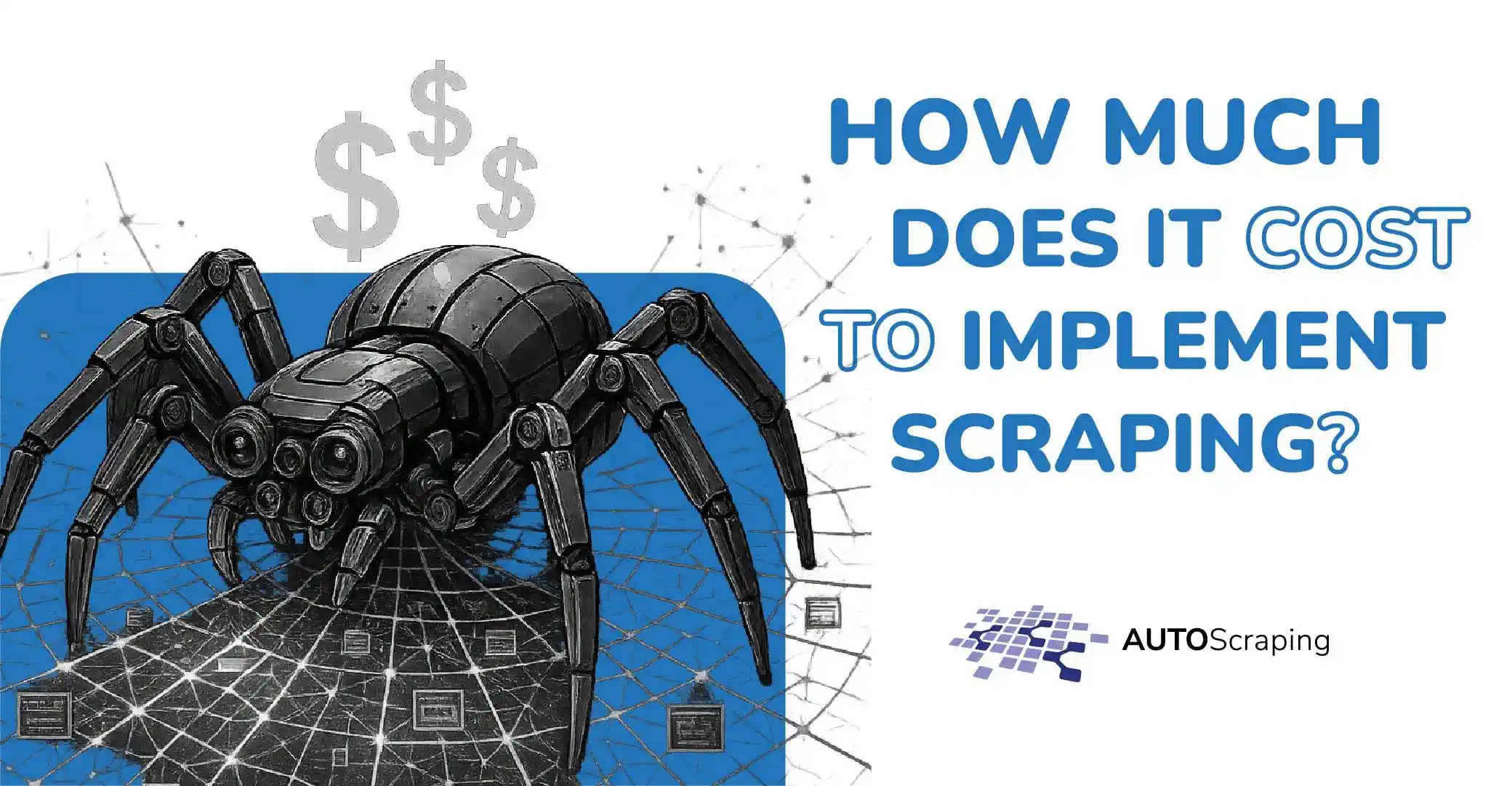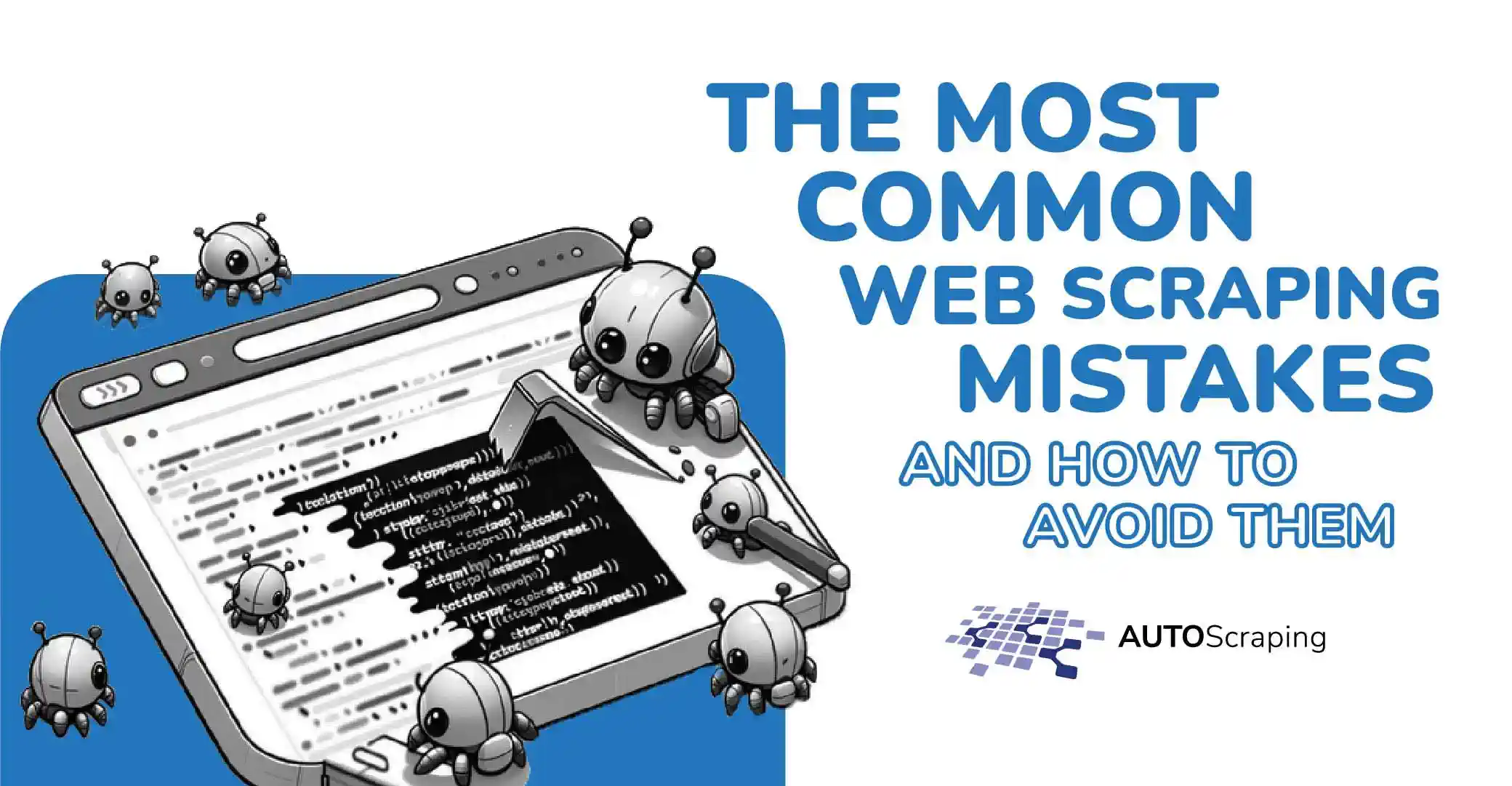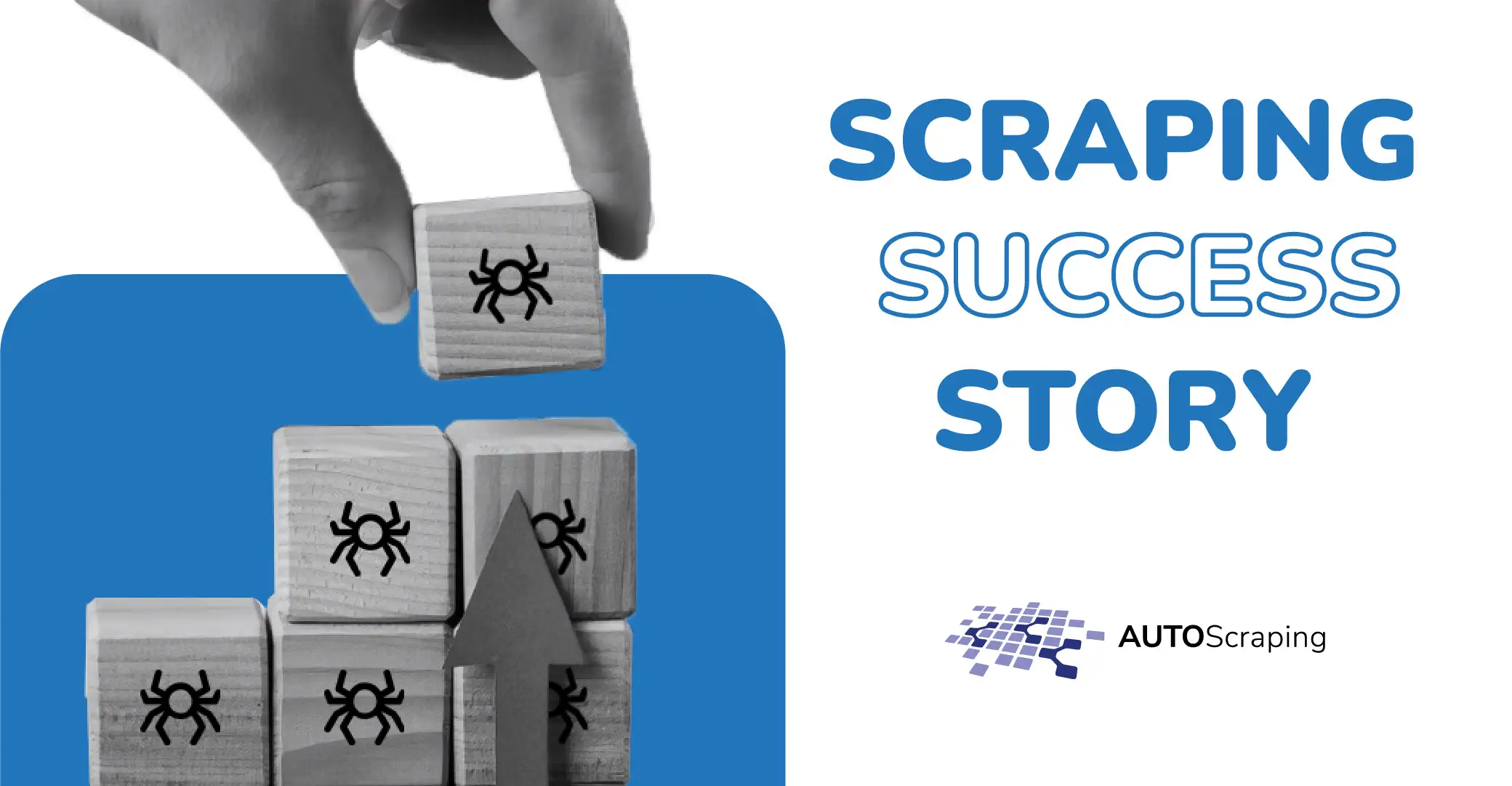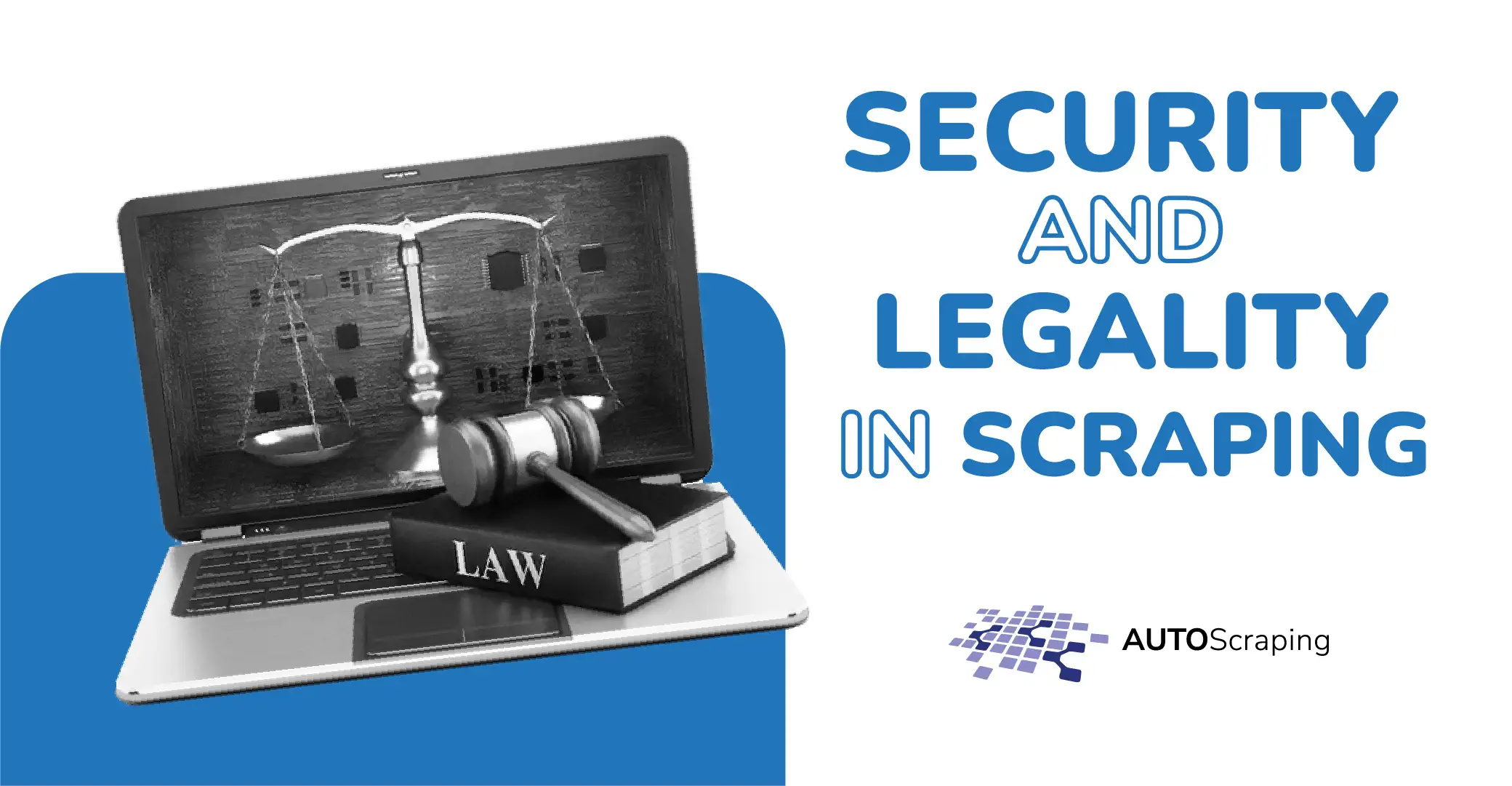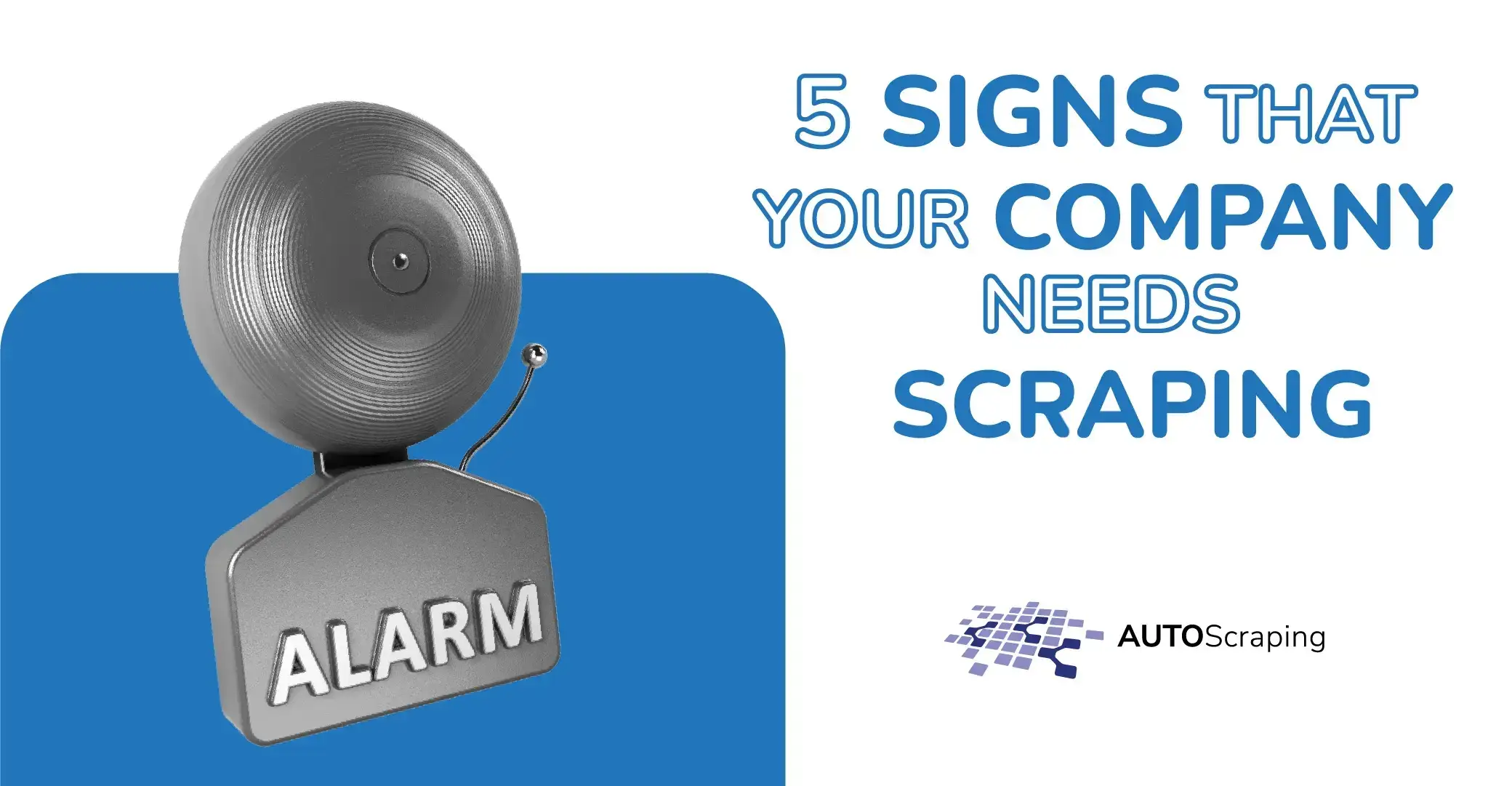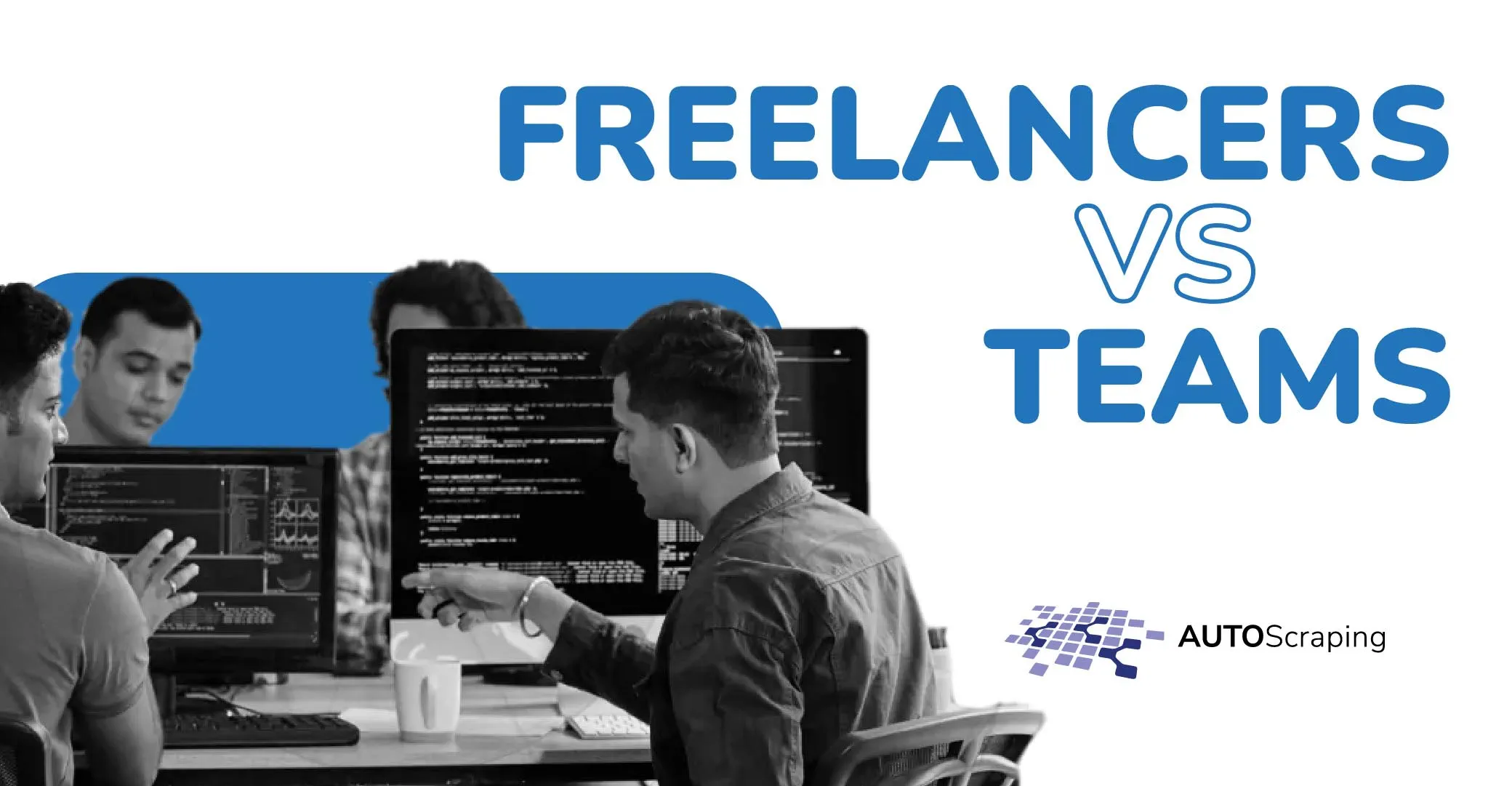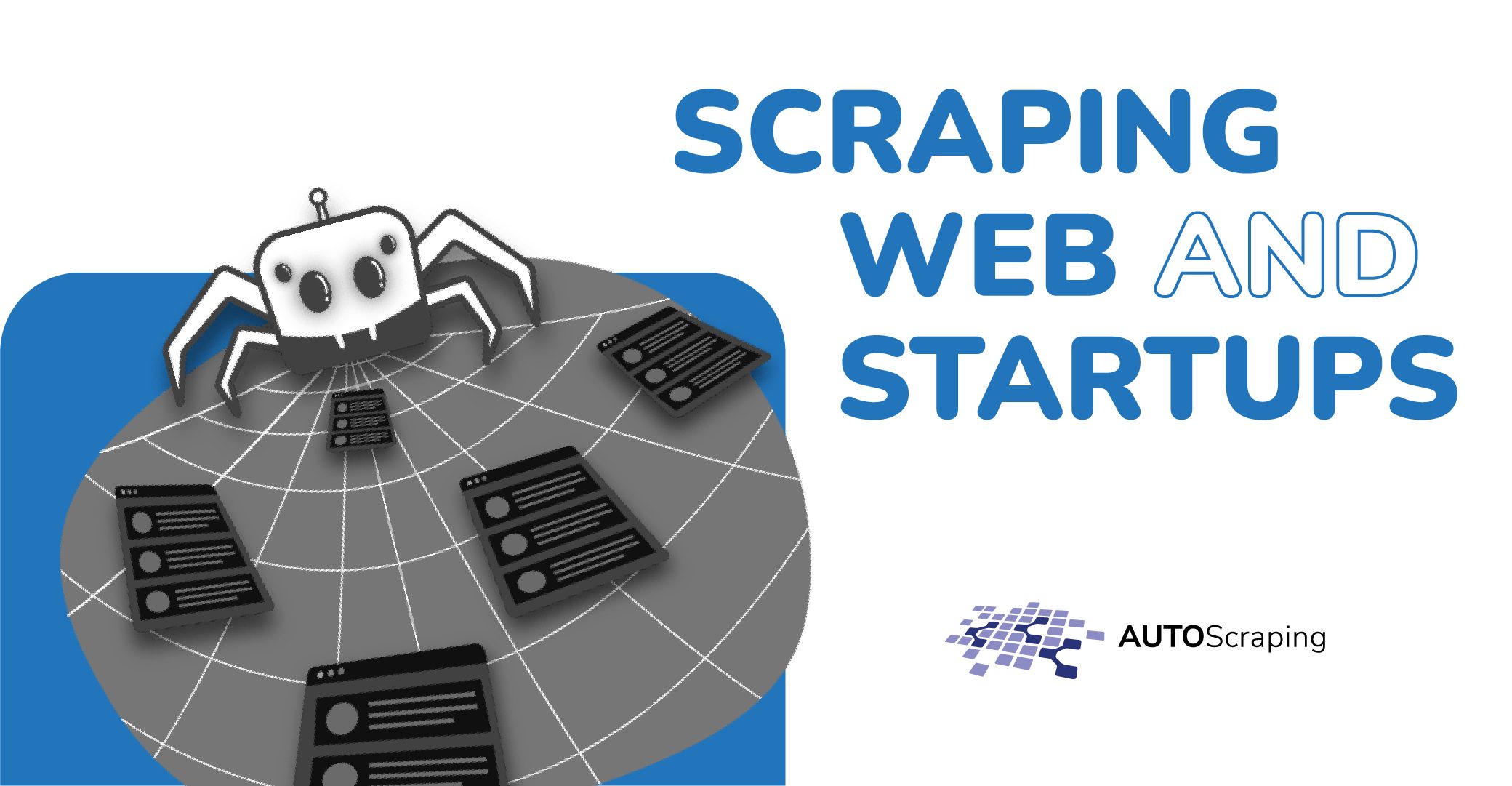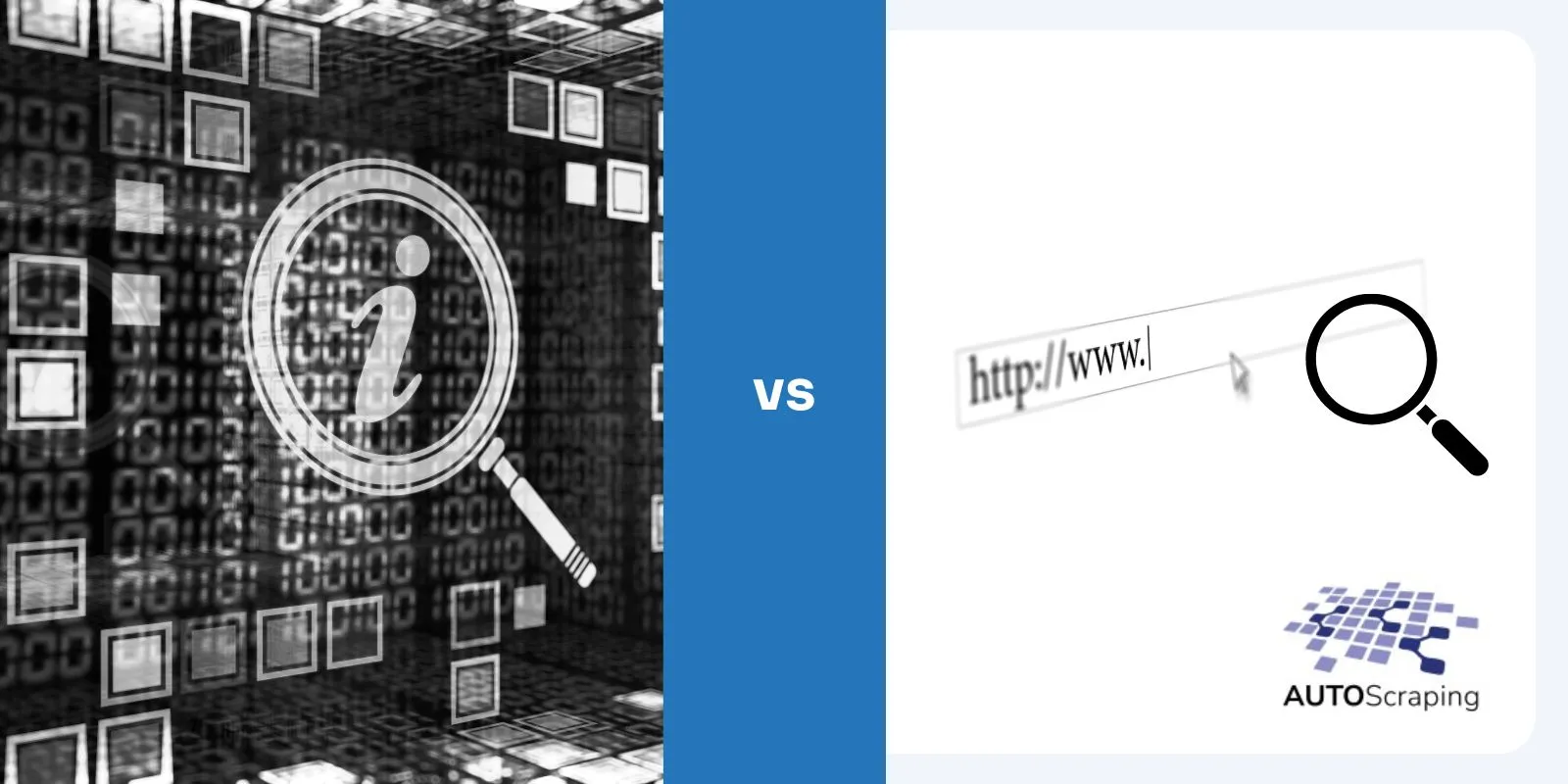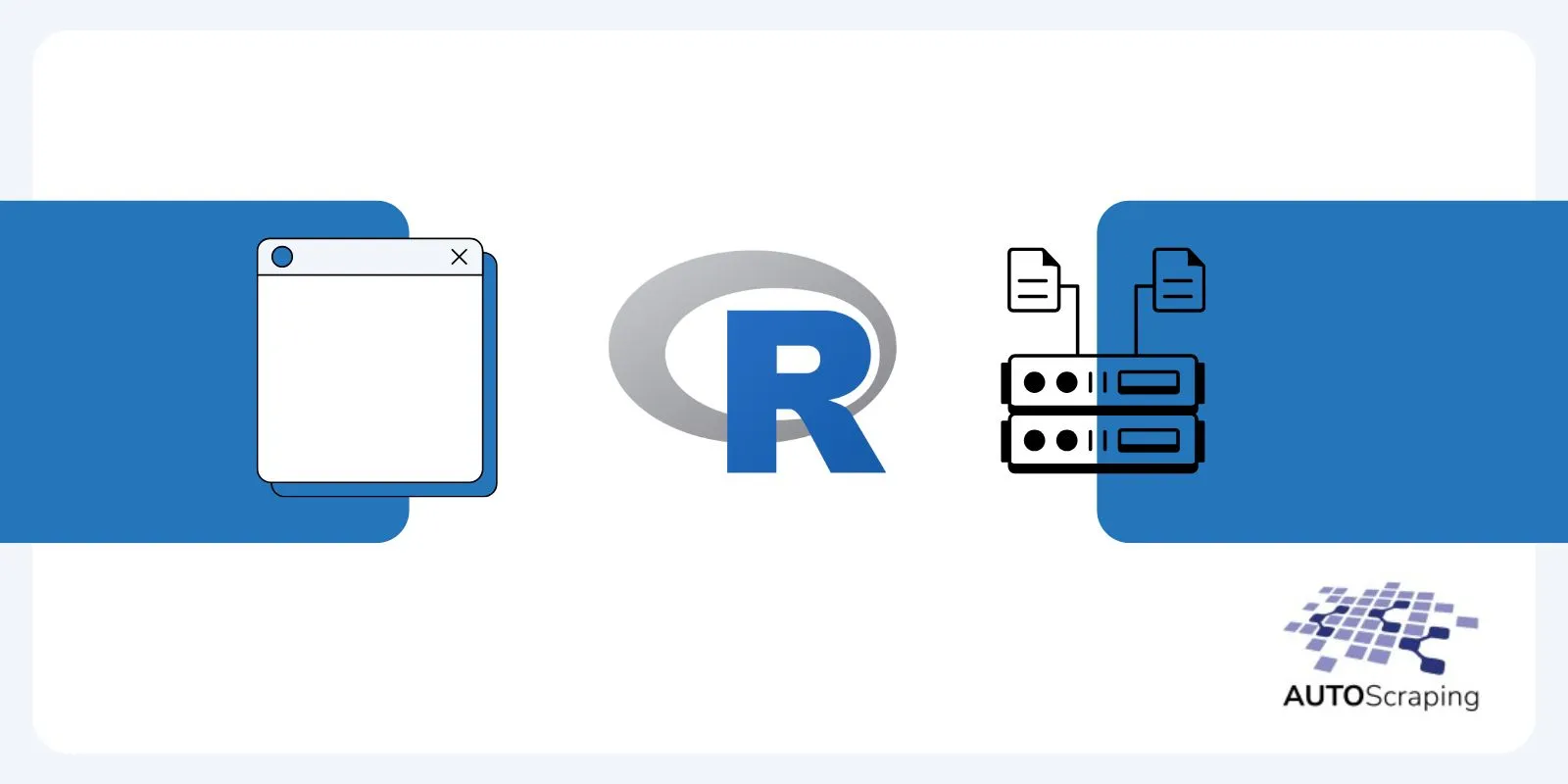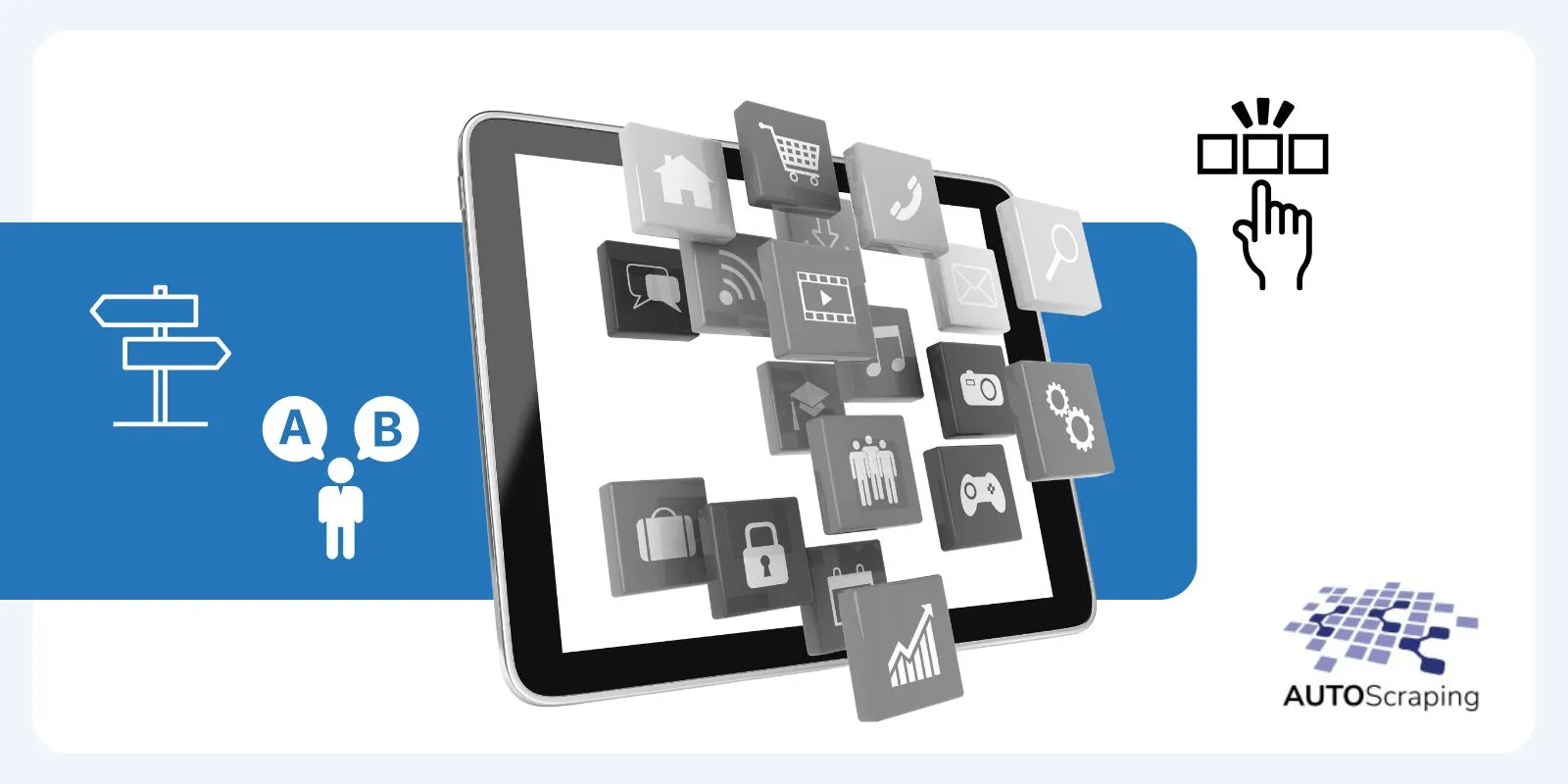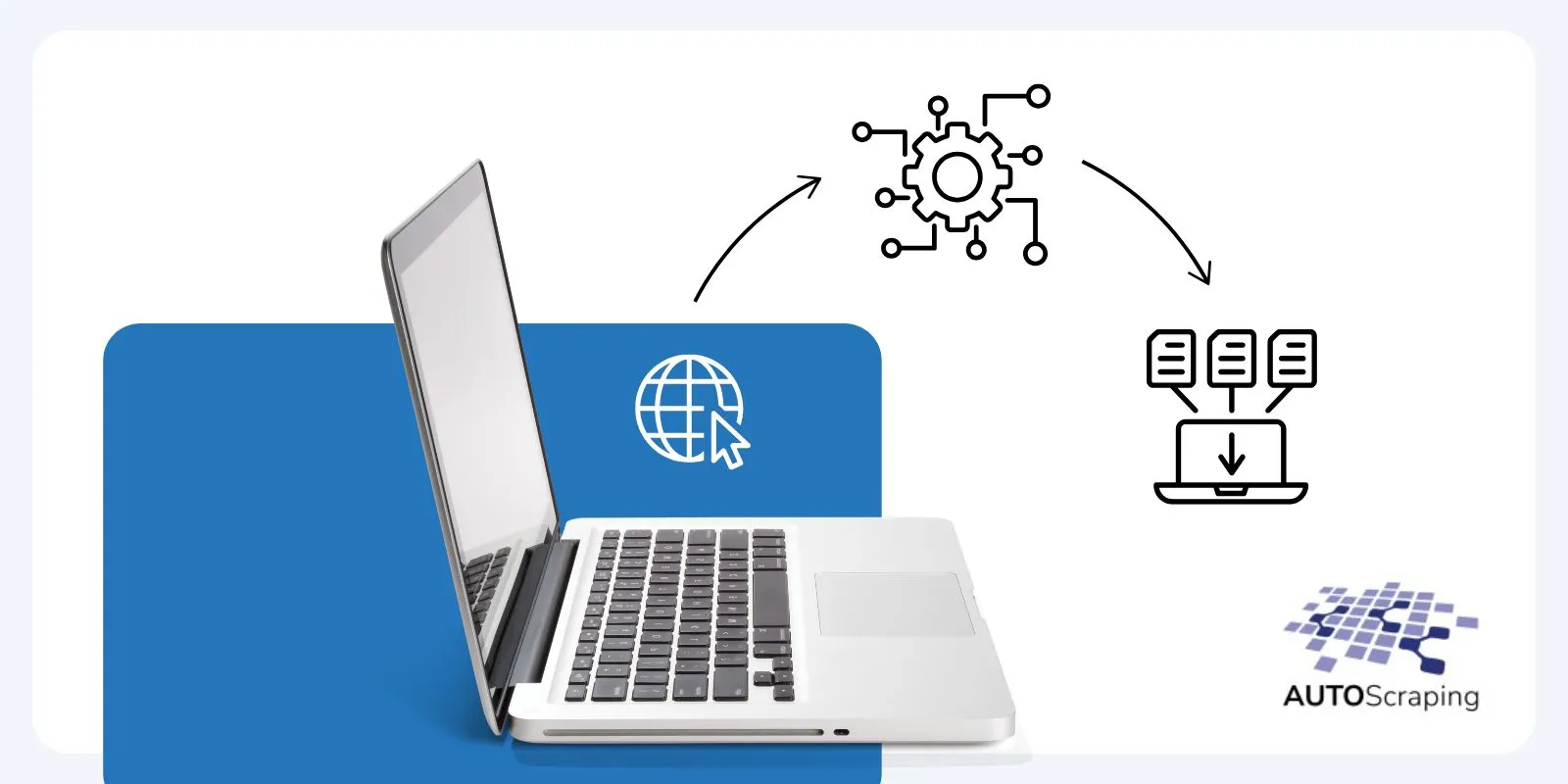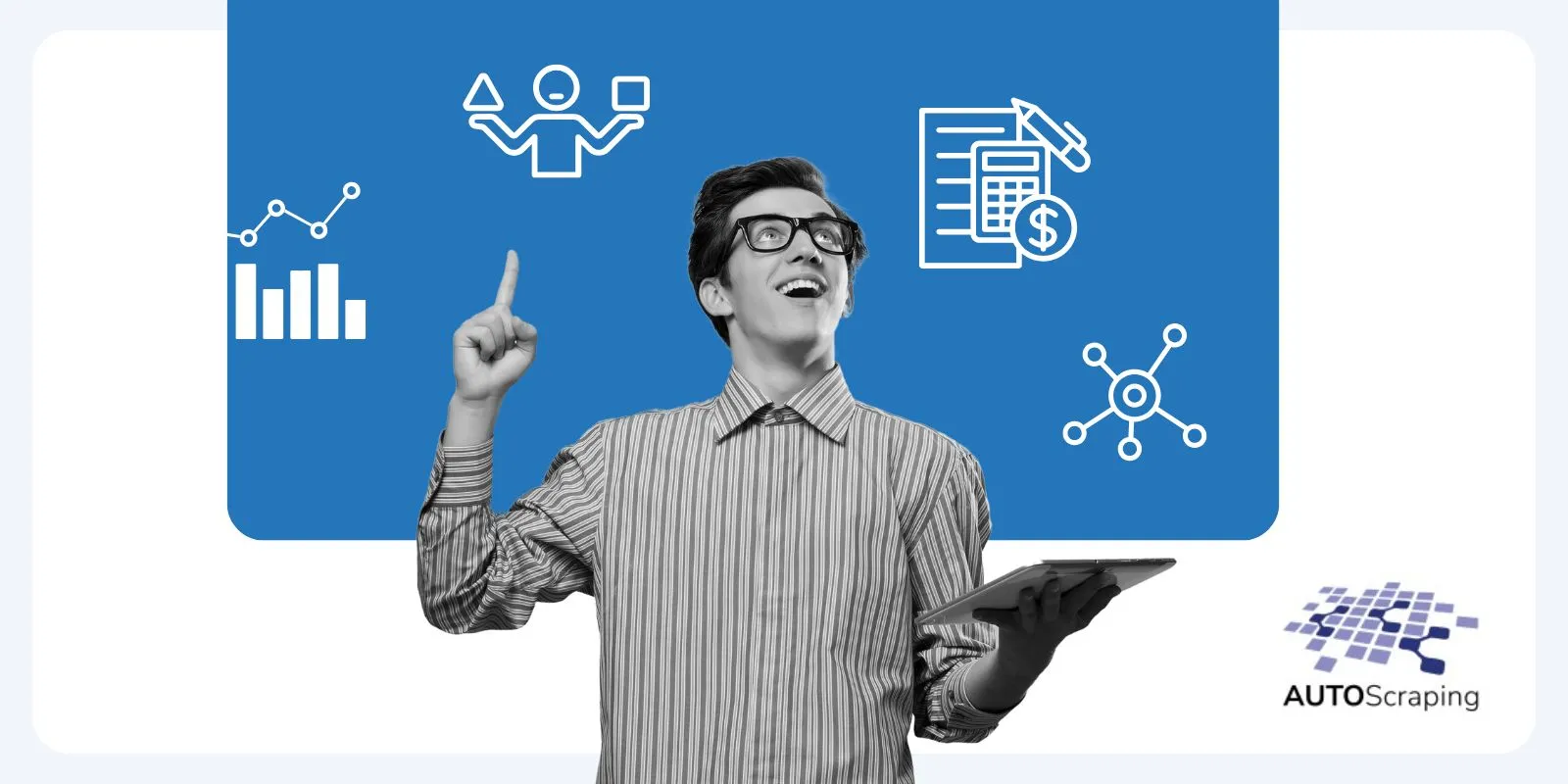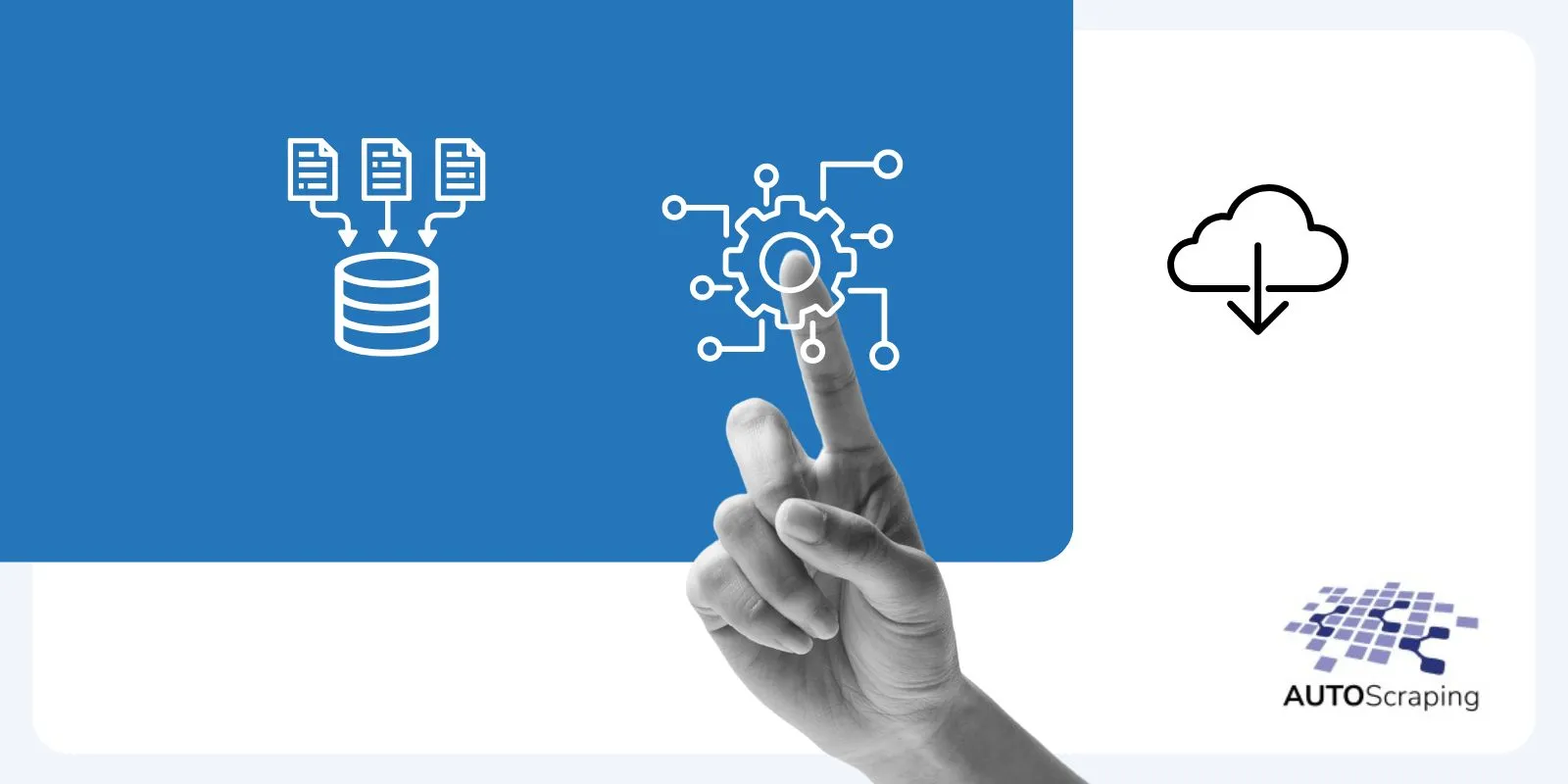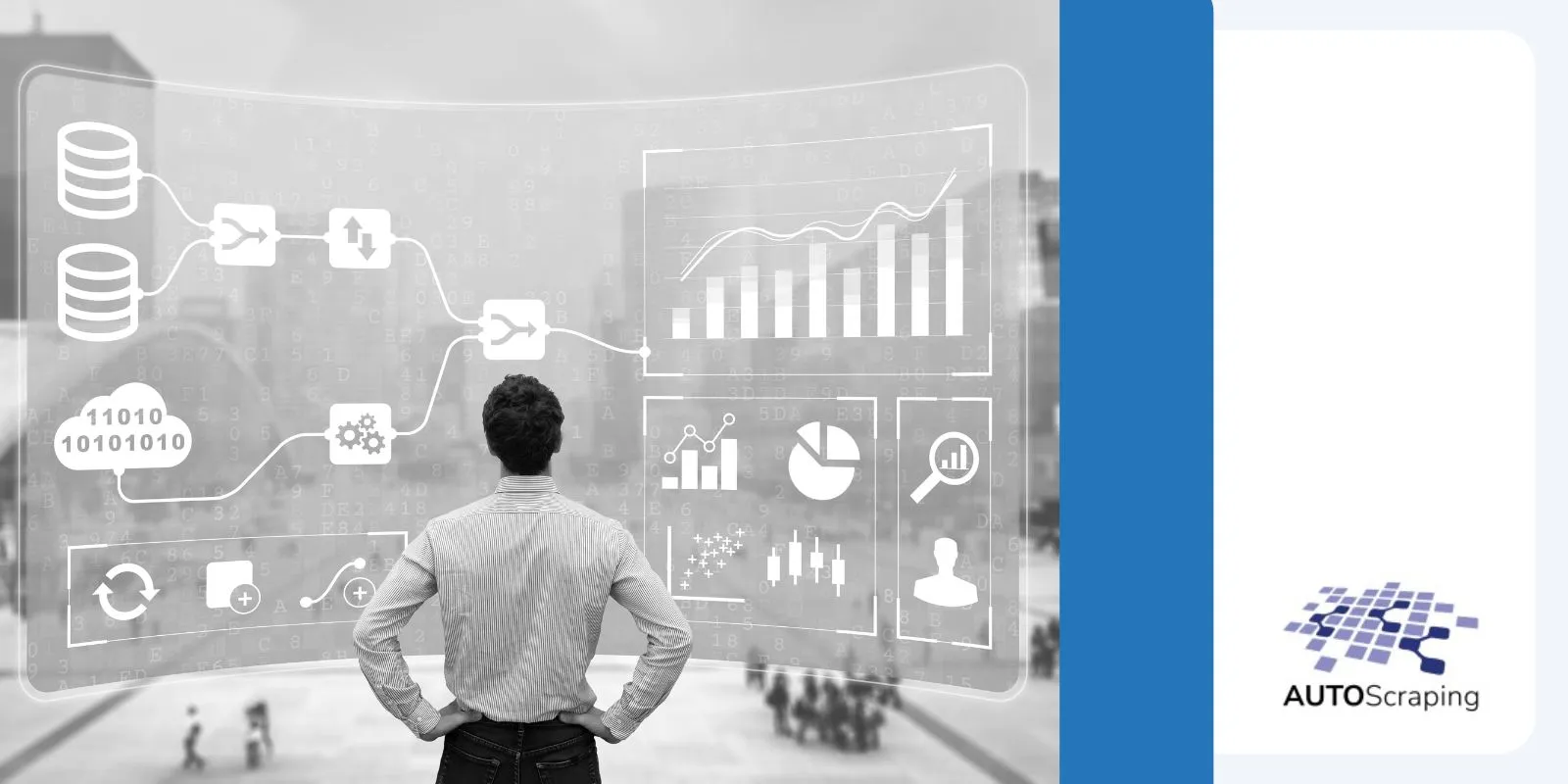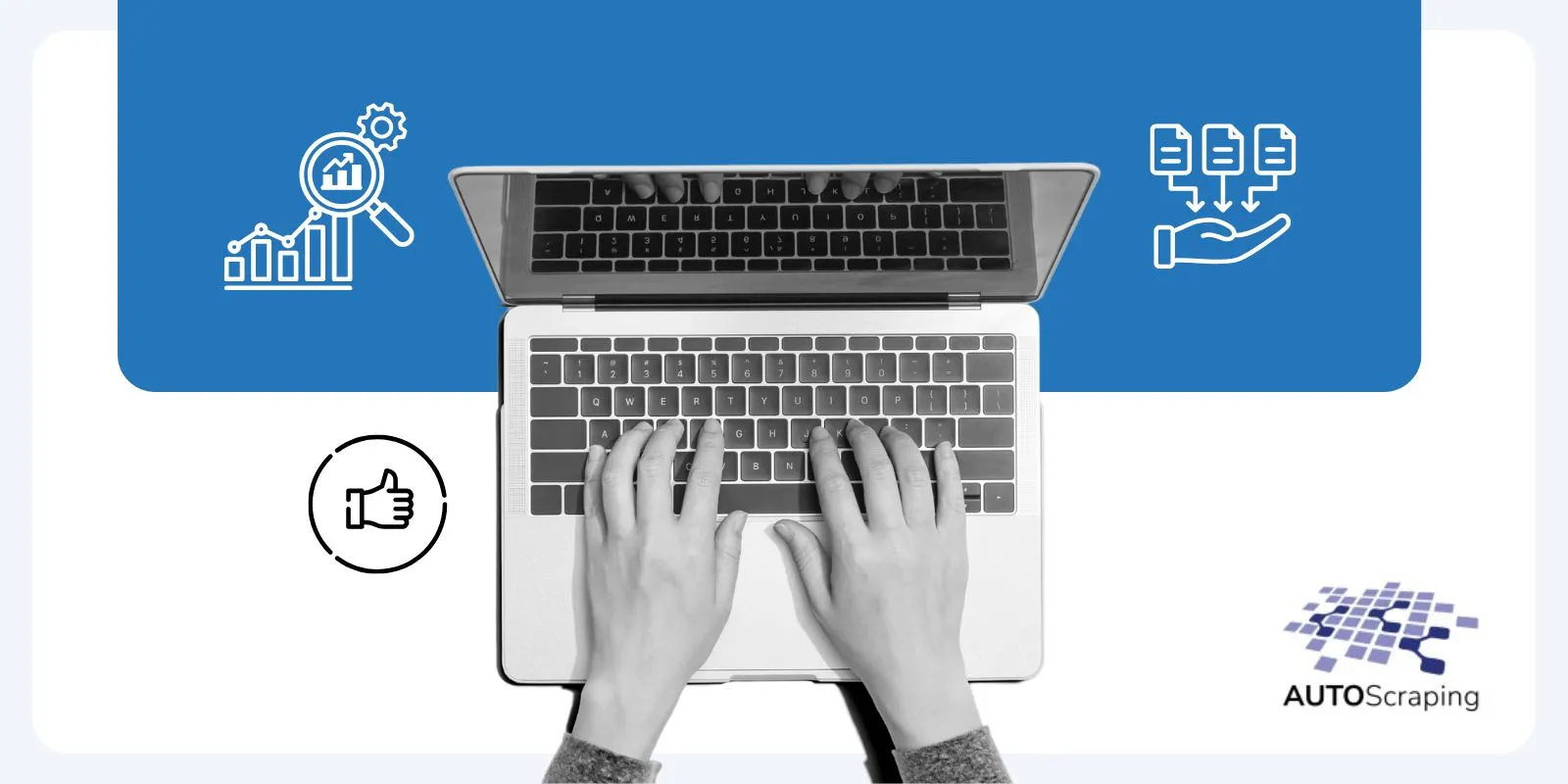Web scraping is a powerful technique for gathering data from various online sources. However, as more companies adopt this practice, concerns about its legality and regulatory compliance arise. In many cases, businesses that use scraping may face legal restrictions or even penalties if they do not follow the appropriate regulations.
In this article, we will explore how you can scrape ethically and legally, avoiding compliance issues that could affect your business. Additionally, we will show how Autoscraping ensures that its solutions comply with the regulations in place in different countries.
Is Web Scraping Legal?
The Legal Debate Surrounding Scraping
The legality of scraping depends on several factors, such as the jurisdiction in which you operate, the type of data you collect, and the intended use of that data. There are three main scenarios in which scraping can be considered legal or illegal:
- Scraping Public Data: Generally, it is legal to extract information that is publicly available on the web, as long as it does not violate the website’s terms of service.
- Scraping Protected Data: If the information is behind a login, requires authentication, or is protected by copyright, scraping may be illegal.
- Scraping in Violation of Terms of Service: Some websites explicitly prohibit scraping in their terms of use. While this is not always illegal, it can lead to legal disputes.

Notable Legal Cases on Scraping
Some court cases have set precedents regarding the legality of scraping. For example:
- HiQ Labs vs. LinkedIn (2022): A U.S. court ruled in favor of HiQ Labs, stating that scraping public data from LinkedIn did not violate the Computer Fraud and Abuse Act (CFAA).
- Facebook vs. Power Ventures: Facebook sued Power Ventures for violating its terms of service by using automated scraping, which resulted in a ruling against Power Ventures.
These cases demonstrate that the legality of scraping can vary depending on the context and jurisdiction.
Key Regulations Affecting Scraping
If your business is involved in scraping, it is crucial to be aware of the primary regulations that may affect you.
General Data Protection Regulation (GDPR – Europe)
The GDPR protects user privacy within the European Union and sets strict standards for the collection and processing of personal data. If your business collects data from European citizens, you must ensure that:
- The data collected is public and does not include sensitive information.
- The rights of users over their data are respected.
- Adequate security measures are in place to protect the information.
California Consumer Privacy Act (CCPA – U.S.)
The CCPA establishes privacy rights for California residents. If your business collects data from users in California, you must provide them with:
- Transparency about what data is collected.
- Options to opt-out of sharing their information.
- Security in handling their personal data.
Other Important Regulations
- Computer Fraud and Abuse Act (CFAA – U.S.): Can penalize unauthorized access to computer systems.
- ePrivacy Directive (Europe): Regulates tracking and the use of cookies, which may affect certain scraping methods.
- Personal Data Protection in LATAM: Countries such as Brazil (LGPD) and Argentina have regulations similar to the GDPR.
Best Practices for Legal and Ethical Scraping
To avoid legal issues, your business should follow a set of best practices that ensure regulatory compliance.
Respect the robots.txt File
Many websites include a robots.txt file, which indicates which parts of the site can be crawled by bots. If a site prohibits scraping in its robots.txt file, it is advisable to respect it.
Avoid Scraping Private Information
Do not extract data that requires authentication or could be considered sensitive personal information. Stick to public data and avoid unauthorized access.
Identify Yourself as a Responsible Bot
If you are scraping ethically, you can include a User-Agent in your HTTP requests that identifies your bot and its purpose.
Limit Request Frequency
Avoid overloading servers with too many requests in a short period of time. Responsible scraping respects access limits to avoid negatively affecting website performance.
Consult Legal Experts
If you have doubts about the legality of a scraping operation, it is recommended to consult with lawyers who specialize in privacy and data protection.

How Autoscraping Ensures Legal Compliance
At Autoscraping, we understand the importance of regulatory compliance in data extraction. That’s why we implement the following measures to ensure our services are legal and ethical:
- Exclusive Use of Public Data: We ensure that the data extracted is freely accessible and does not violate terms of service.
- Compliance with GDPR and CCPA: We apply strict policies to protect the privacy and security of data.
- Optimization of Responsible Scraping: We limit the frequency of requests and respect the regulations of each website.
- Legal and Security Consulting: We help our clients understand the legal aspects of each scraping project.
Conclusion
Web scraping is a powerful tool, but its misuse can lead to legal risks. By following best practices and being aware of current regulations, businesses can benefit from data extraction without violating any laws.
At Autoscraping, we guarantee safe, efficient scraping solutions that comply with applicable legislation. If your business needs data without worrying about legal issues, contact us and discover how we can help.
Frequently Asked Questions (FAQs)
- Is web scraping illegal?
Not necessarily. It depends on the type of data extracted, how it is used, and the applicable regulations in each country. - How can I tell if a site allows scraping?
You can check the site’s robots.txt file or its terms of service to see if there are any explicit restrictions. - How does Autoscraping ensure that scraping is legal
We ensure that only public data is extracted, comply with international regulations, and apply measures for responsible scraping.

